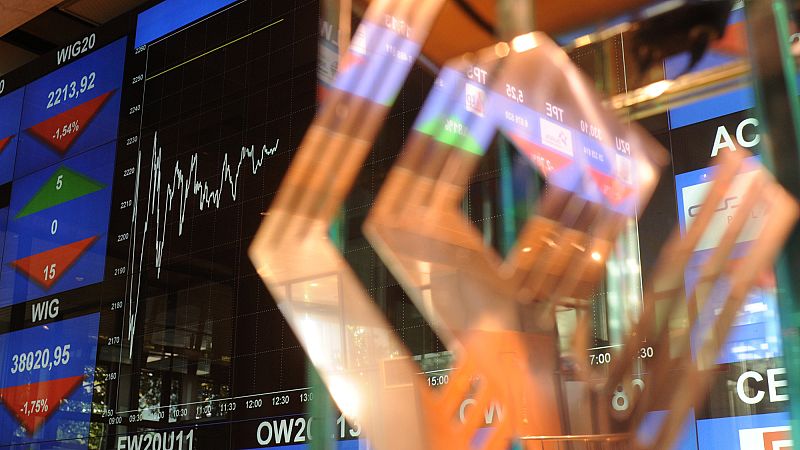
Warsaw Stock Exchange CEO Tomasz Bardziłowski told Bloomberg that he expects the Polish capital market to grow in the coming years and enter the ranks of a "developed economy".
Such an upgrade, expected by Bardziłowski in the next three to five years, would make it the first former communist country in Europe to earn that classification from the index provider MSCI.
Post-communist European nations are typically labelled frontier or emerging markets, hampered by smaller capital pools, weaker institutions, and limited foreign investment. Poland's breakthrough to “developed market” status would therefore mark a symbolic milestone for the entire Eastern flank of the continent — especially after decades of Soviet-era central planning and anti-global policies slowed the region's growth.
Poland's expansion is expected to be facilitated by the government's OKI investment account project, which could lead to a broadened domestic investor base. The new type of account will allow individuals to invest up to 100,000 złoty (€23,600) tax-free. Another factor is the projected development of the defence sector and the rapid growth of military spending in Eastern Europe, fuelled by security threats from Russia.
Recognition as a developed market by a leading stock index provider would attract an inflow of capital for Poland through ETFs.
This would open access to many more funds, as well as potentially increasing the valuation of Warsaw companies. This is linked to lower risk premiums that investors expect from more stable markets.
A developed economy, but the market lags behind
Currently, shares listed in Warsaw are part of the MSCI Emerging Markets Index, where they account for 1.1% of its value.
FTSE Russell already upgraded Poland to developed-market status in 2018 — the first in Central and Eastern Europe to earn that label — but MSCI has yet to follow suit.
"We are quite aware that in the emerging market universe we are a much bigger fish than we would be in MSCI’s developed basket," Bardziłowski told Bloomberg.
"We need to work to avoid staying below the radar screens of the vast majority of investors," the CEO added.
Przemysław Kwiecień, chief economist at XTB, is sceptical about Poland's chances of moving up in the MSCI markets classification. In his opinion, Poland is not a few years away from this goal, but a few decades.
"Economically, Poland can be considered a developed economy. We are making a civilisational leap, we are joining the G20 and we are getting closer to the leading countries in terms of GDP per capita or salaries," he explained.
"In terms of markets, however, it is more a question of how investors react to different situations and to what extent the economy is based on domestic capital. In this respect, Poland is very dependent on global capital flows. In my opinion, this will not change so quickly," Kwiecień continued.
Economic indicators such as GDP per capita or wages are only the first step to building a strong financial market, because it takes time to accumulate capital.
And it is the size of domestic capital that is crucial when classifying a market as highly developed.
"When global shocks occur and global capital flows away, a market that is more dependent on it will come under greater pressure. A market that is self-financing, where capital market needs are met with domestic savings reacts differently to global factors," explained the expert.
Poland isn't the only country that has "got stuck" trying to advance in the MSCI classifications.
"The MSCI index of developing countries still includes, for example, South Korea, which is a much more developed economy than Poland and could long have claimed it deserves to be moved to the ranks of developed economies," Kwiecień concluded.
High capitalisation, low liquidity
MSCI, in its latest review in June this year, also pointed out numerous shortcomings of the Warsaw Stock Exchange, such as shortages of stock lending and short-selling, lack of information in English, and insufficient rules regarding the registration and representation of shares belonging to foreign investors.
In turn, although the capitalisation of companies listed on the WSE exceeds PLN 1.05 trillion (€250 billion) and is higher than the combined capitalisation of the stock exchanges in Prague, Budapest and Bucharest — low liquidity remains a problem.







